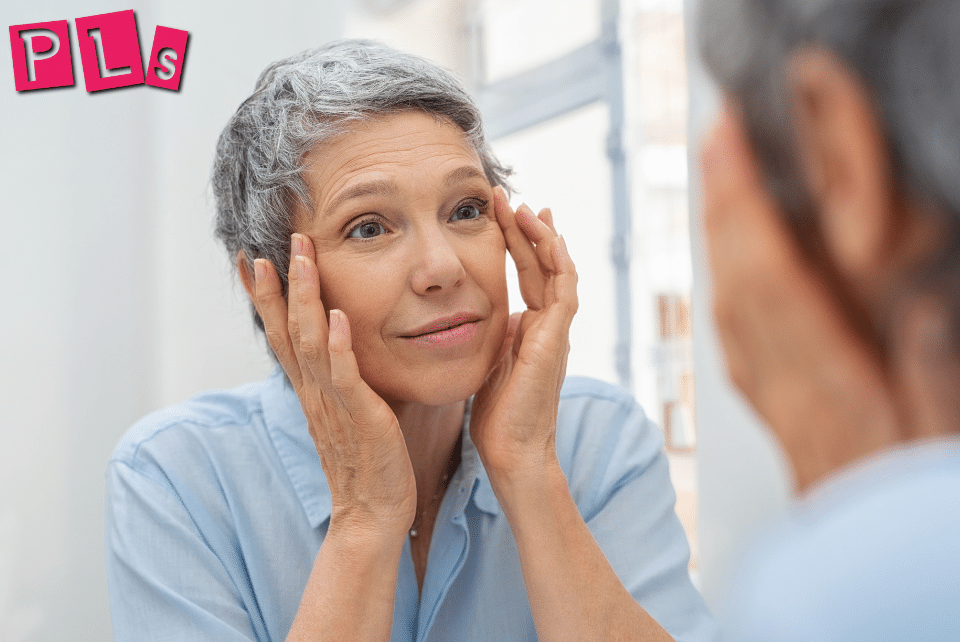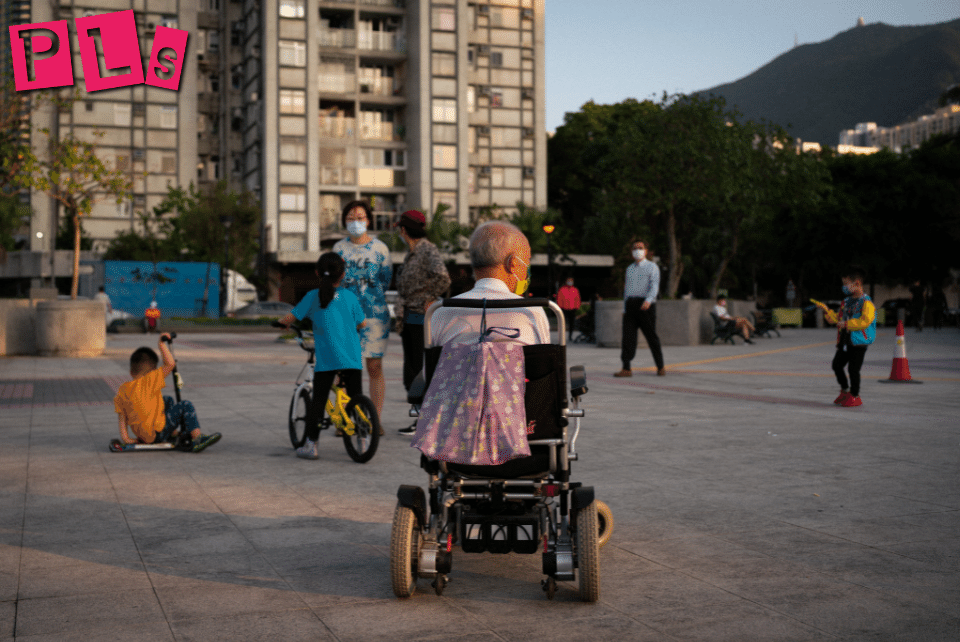What Are The Physical Aspects of Aging?

Human aging, physiological changes that take place in the Senescence is the reduction of biological functioning and the ability to adjust to metabolic stress in the human body.
Physiological changes in humans are usually followed by psychological and behavioral changes, as well as other changes involving social and economic variables. An age calculator online by date of birth can help you to calculate your age and see these psychological and biological changes in your age.
Aging begins as soon as a person reaches maturity and is as much a part of life as childhood, adolescence, and infancy. Gerontology (the study of aging) is largely concerned with the changes that occur between the individual’s attainment of adulthood and death.
The purpose of a gerontology study is to figure out what variables impact these changes. The application of this knowledge can help to lessen the severity of some common aging disabilities.
In this article, you will learn the different physical aspects of aging.
Let’s get started!
Gradual Decline of Body Organs
Many organs, such as the heart, kidneys, brain, and lungs, show a steady loss in performance over time, according to physiologists. Part of this drop is related to the death of cells in these organs, resulting in a reduction in the individual’s reserve capacity.
Furthermore, the surviving cells in an elderly person may not perform as well as those in a young person. Because certain cellular enzymes are less active, chemical reactions may take longer to complete. The cell may soon die. An age in months calculator explains how your gradual decline of body organs affects your life.
Digestive System
The production of hydrochloric acid and other digestive enzymes by the stomach declines with age, the overall digestion process is not seriously affected in the elderly. In both the elderly and the young, sugar, proteins, vitamins, and minerals are absorbed from the stomach and intestine.
These findings have significant implications for senior nutrition. There is no evidence that the elderly’s nutritional consumption, such as vitamins and minerals, should be increased due to reduced absorption.
Deficits in nutrition can be avoided if the diet is diversified enough to ensure appropriate consumption of all nutritional elements. Poor dietary habits, such as an excess of carbohydrates with a reduction in protein, are the most common cause of deficiencies.
You may see the impact of both a poor digestive system and a healthy digestive system on your longevity by entering your information into an age calculator online by date of birth.
Hearing
For tones of commonly heard frequencies, hearing does not alter substantially with age. However, around the age of 50, the ability to discern tones at higher frequencies gradually declines. Tones with a frequency of 10,000 cycles per second are difficult to hear in people over 65.
This lack of high-frequency awareness makes it difficult to recognize people by their voices and understand group conversations, but it is rarely a major constraint in daily life for the individual.
Because listening habits and intellectual level are crucial factors in determining the ability to understand speech, there is frequently a disconnect between pure tone threshold measures and the ability to perceive speech. As your hearing gets changes with the passage of time. It has a strong effect on your health.
To elaborate on the different reactions to hearing at different ages try to use an age calculator online by date of birth that will let you know how old am I and how the age could affect hearing quality.
Skin Problems
Different skin problems also occur as you get older. The change in your skin affects your health. You can explore the negative or positive changing in your lifestyle at different ages using an age calculator online by date of birth.
A gradual decrease of suppleness is the fundamental aging change in the skin. Other factors, like exposure to the weather and genetic features, contribute to the formation of wrinkles and the pigmentation associated with senescence, in addition to this basic change.
The presence of elastin and collagen fibers in the skin allows it to take up slack while remaining tightly attached to the underlying structures.
Skeletal System
The bones gradually lose calcium as they age. As a result, they become more fragile and are more prone to break, even if the fall is modest. Fractures heal more slowly in the elderly than in the young.
Recent advancements in orthopedic surgery, such as the replacement of the fractured bone or joint pieces with new structures or the use of metallic pegs to hold broken portions together, have proven to be extremely beneficial to the elderly. An age calculator tells you in what ways your skeletal system affects your age.

Vision
Visual acuity (the capacity to distinguish fine detail) is low in young children but improves as they get older. There is a minor loss in visual acuity from the middle of the 20s to the 50s, and then a more rapid decline after that.
The use of glasses can easily compensate for this reduction. The size of the pupil shrinks as people get older. As a result, increasing the degree of illumination can dramatically enhance vision in elderly persons.
Nervous System
Normal aging does not cause noticeable changes in brain architecture. True, there is a minor loss of neurons (nerve cells) in the brain as one gets older.
However, because the overall number of neurons is so high, any losses are likely to have only a minimal impact on behavior. Because the physiological foundation of memory is unknown, it is impossible to infer that the loss of memory seen in the elderly is due to the loss of brain neurons.
Oxygen shortage makes neurons particularly sensitive. As a result, neuron loss and other problems seen in aging brains are likely the results of disease, such as arteriosclerosis, which limits the oxygen available to brain areas by lowering the blood supply.
Memory impairment and impaired cognitive function in the elderly may be caused by genetic and environmental factors such as exposure to certain chemicals, smoking, or a lack of exercise.
When you get older your nervous system weakens day by day. And it creates different problems for you to live a happy and healthy life. And this sense becomes the reason for early death.
For further clarifications use an age calculator that will clarify the results with its calculations.
Footnotes
Both the basic biological mechanisms that underpin aging and the overall health condition are included in the biological-physiological elements of aging. Because the risk of death increases rapidly with age, it is evident that changes in the individual must occur, making him or her more vulnerable to disease.
The use of an age calculator will show more satisfactory results regarding the effects of changes in your body as you get older.
See also;
Alzheimer’s disease: Characteristics, Risk factors, Management
12 GOOD HEALTHY HABITS THAT GUARANTEE YOU LONG LIFE
BIPOLAR DISORDER: AM I BIPOLAR?
Leave a Reply